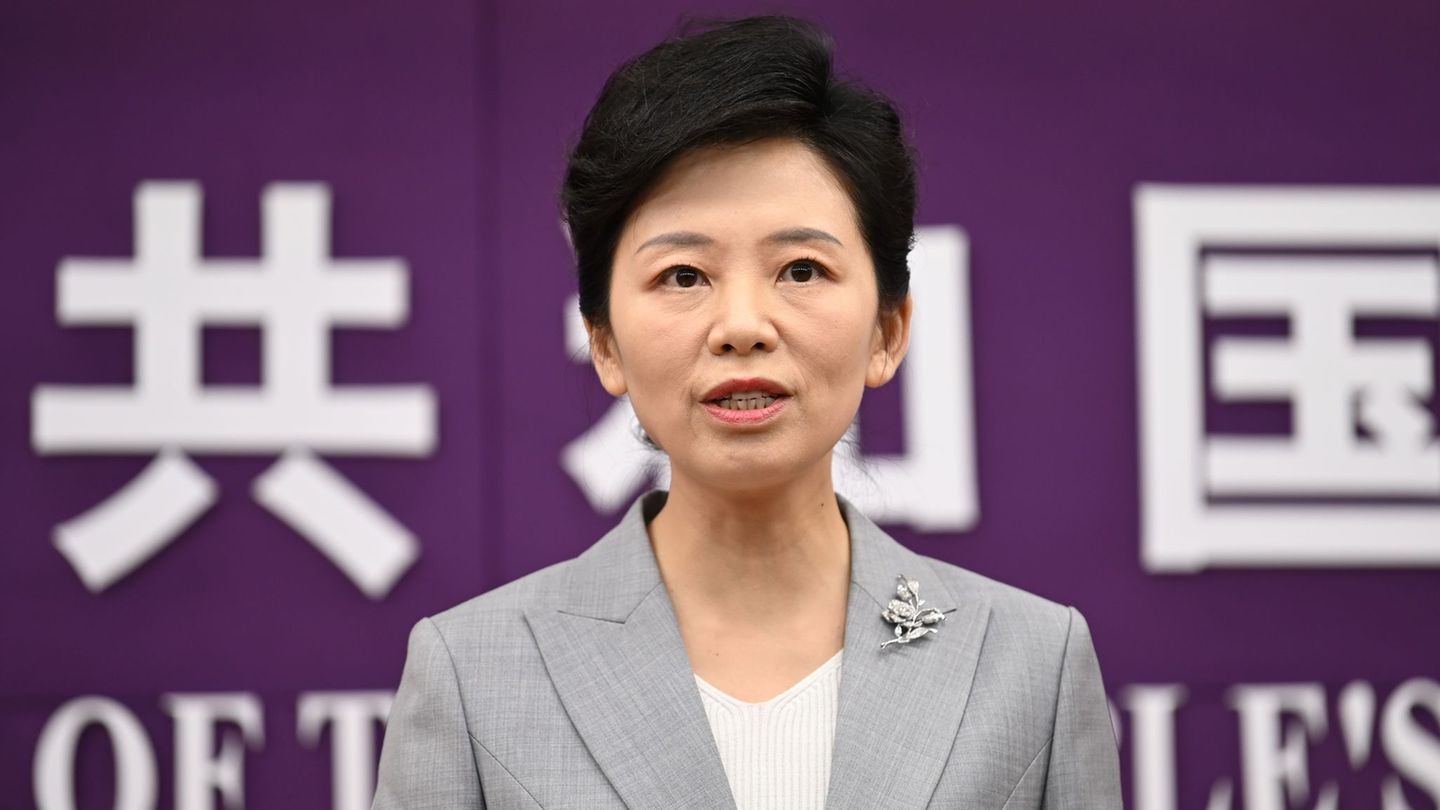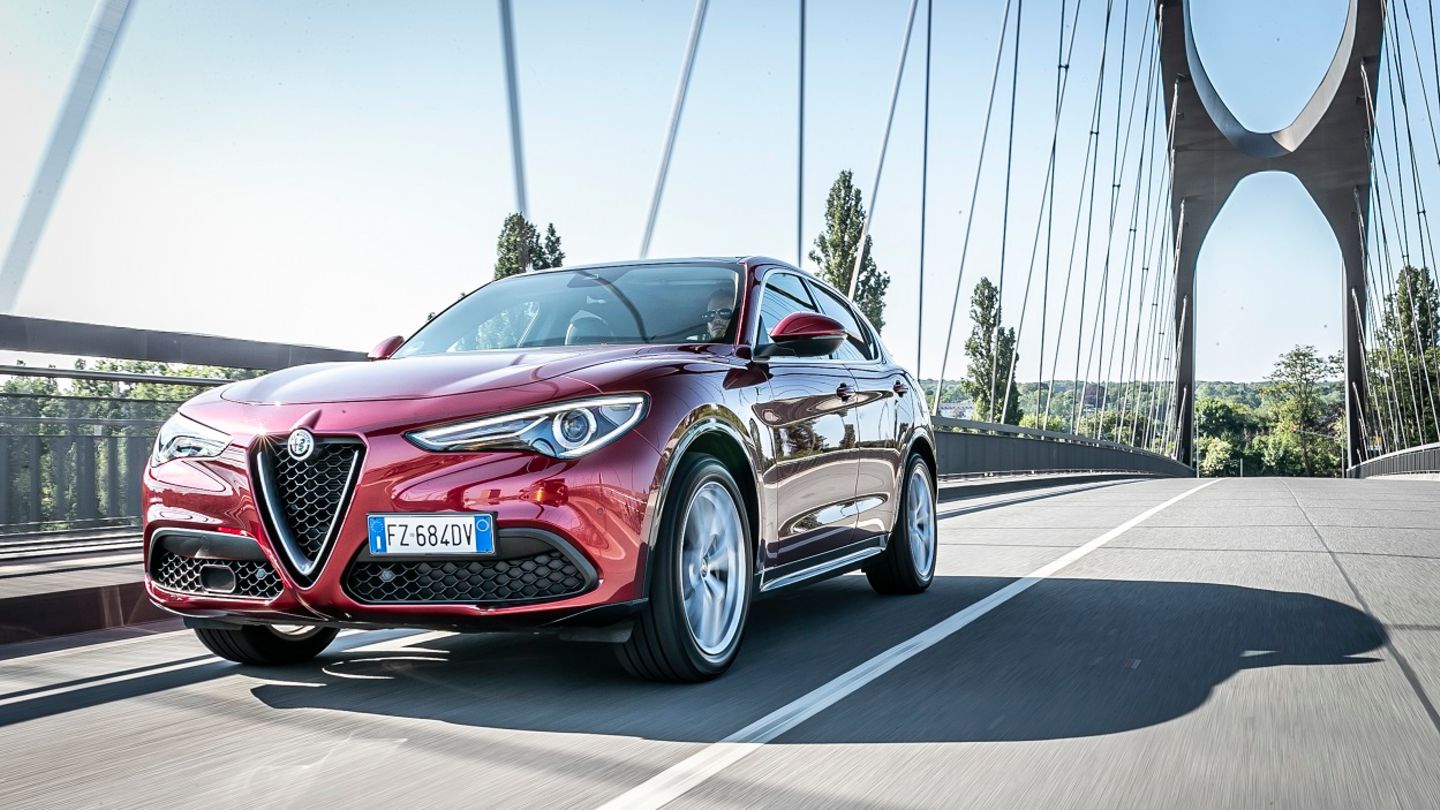I have been working in the news industry for over 6 years, first as a reporter and now as an editor. I have covered politics extensively, and my work has appeared in major newspapers and online news outlets around the world. In addition to my writing, I also contribute regularly to 24 Hours World.
Menu
Dispute over EU energy package: government coalition in Norway
Categories
Most Read
Situation at a glance: If the ceasefire agreement is violated: Israel threatens Hamas
October 16, 2025
No Comments
Cheaper driving licenses: Transport Minister Schnieder has ideas
October 16, 2025
No Comments
Baby in the Bundestag: Klöckner wants to support parents with children
October 16, 2025
No Comments
Ukraine receives new arms commitments from Europe
October 16, 2025
No Comments
Can Donald Trump simply move World Cup venues? That’s what lies behind it
October 16, 2025
No Comments
Latest Posts

Beijing’s export controls: China accuses the USA of scaremongering in the trade dispute
October 16, 2025
No Comments
AngelicaI am an author and journalist who has written for 24 Hours World. I specialize in covering the economy and write about topics such as

Missing apartments: Interhyp survey: Growing frustration with the housing market
October 16, 2025
No Comments
AngelicaI am an author and journalist who has written for 24 Hours World. I specialize in covering the economy and write about topics such as

Car thefts in 2025: These models are very popular with thieves
October 16, 2025
No Comments
Vera StackI’m a recent graduate of the University of Missouri with a degree in journalism. I started working as a news reporter for 24 Hours
24 Hours Worlds is a comprehensive source of instant world current affairs, offering up-to-the-minute coverage of breaking news and events from around the globe. With a team of experienced journalists and experts on hand 24/7.

